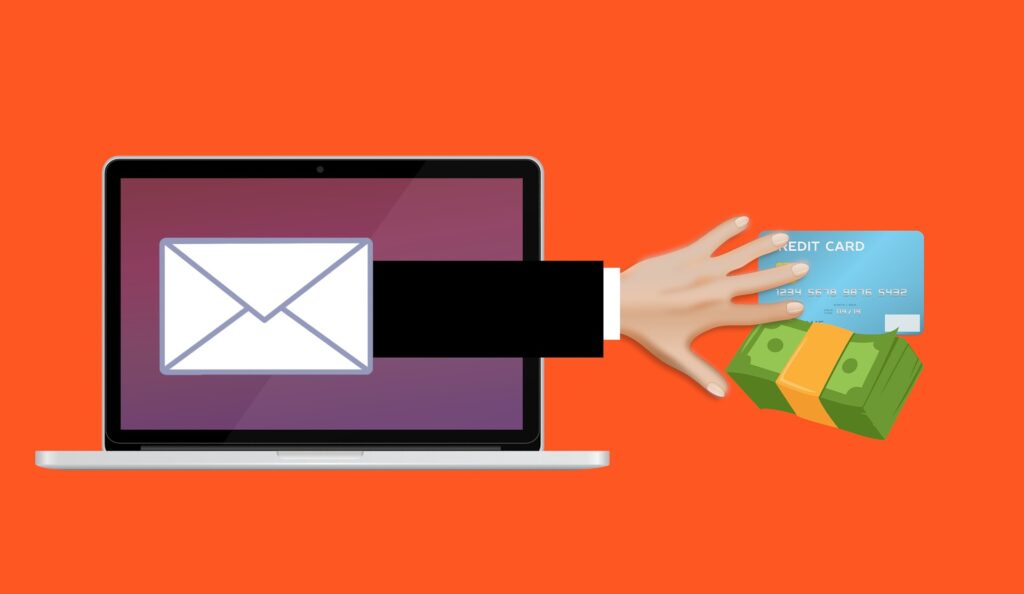Financial Scams to Avoid

Besides protecting ourselves from financial traps we can get ourselves into, it’s essential to be aware of the money scams that we need to be extra cautious about.
Scamming via phone calls
How they get you. You may receive a phone call from an alleged government agency to inform you that you have overdue payments. Their tactic may involve mentioning legal actions against you or charging you additional fees.
What you can do. Look up their information from reliable sources. Check the phone number and call them back to check if it is them requesting the data.
Identity theft
How they get you. Scammers obtain information through sensitive channels, such as public networks. Once they have your personal information, including your social security number, they can use your credit card, open new accounts in your name.
What you can do. You can receive your credit report from the three major credit reporting agencies once a year. The service is free, but you need to make sure you access it from the official webpage. Check your account to identify any unauthorized uses of funds. Monitor your bank transactions by using two-step verification and opt for notifications for every change in your balance.
Credit Card Theft
How they get you. Scammers typically use phishing and hacking to get your sensitive information. A more sophisticated method is a small device attached to credit card readers, such as ATMs.
What you can do. Access your bank accounts online only through secure connections. Monitor your transactions. Look for any external devices before using an ATM.
Phishing
How they get you. Scammers send you an email as if from a financial institution or governmental authority, asking you to either update or verify your information or provide additional details.
What you can do. Don’t click on the links or share the information asked. Look up the contact details of the bank or the institution contacting you and call them to check the request. Be very skeptical of banks that ask for your information via email, as they don’t usually do that for security reasons.
Social media Scams
How they get you. Scammers check the information you share to collect information about you, then use one of the methods above to take advantage of it.
What you can do. Restrict the public information you share, especially about upcoming vacations. Don’t click on suspicious links, and don’t make donations through unverified websites.





